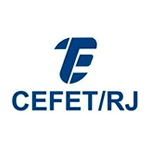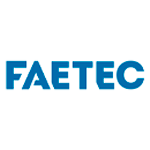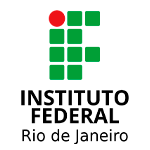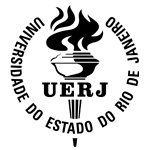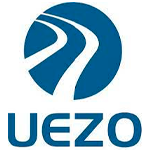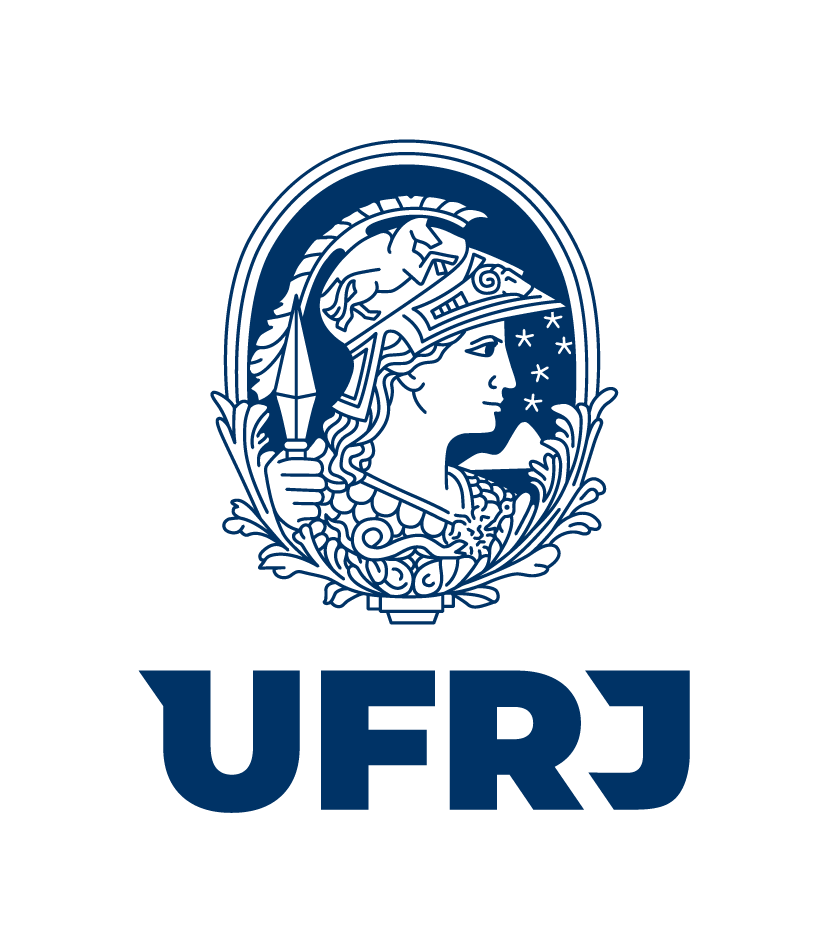Qualidade em MOOCS: um Estudo Baseado em Revisão Sistemática e na Percepção de Professores e Alunos
DOI:
https://doi.org/10.18264/eadf.v15i1.2523Palavras-chave:
Indicadores de qualidade, Educação a Distância, Avaliação de MOOCs, Qualidade em MOOCsResumo
Este artigo analisa como a qualidade dos MOOCs é abordada na literatura e na percepção de professores e alunos do Instituto Federal do Espírito Santo (Ifes). A pesquisa integra uma dissertação de mestrado que busca definir parâmetros de avaliação voltados à qualidade dos MOOCs dessa instituição. Trata-se de um estudo documental, baseado em revisão sistemática da literatura e em abordagem quali-quantitativa, com levantamento de dados junto aos participantes. O objetivo é mapear os principais indicadores de qualidade dos MOOCs. Os dados foram coletados entre maio e junho de 2024. A revisão sistemática resultou em um mapeamento dos indicadores consolidados na literatura, evidenciando a escassez de métodos avaliativos e reforçando a necessidade de mais pesquisas sobre o tema. A análise dos dados permitiu identificar, na perspectiva de professores e alunos, aspectos essenciais para a qualidade de um MOOC. Os achados deste estudo subsidiaram a elaboração de um novo modelo de avaliação para os cursos MOOCs da plataforma aberta de cursos do Ifes. percebeu-se que, para aperfeiçoar a qualidade desses cursos, é fundamental investir em diversidade de mídias, na interatividade, na usabilidade, na personalização e na excelência do conteúdo. Além disso, os resultados obtidos podem servir de base para novas investigações em diferentes contextos institucionais, ampliando a compreensão sobre a qualidade dos MOOCs e incentivando a adoção de práticas mais eficazes no ensino a distância. Espera-se, que este estudo contribua tanto para o fortalecimento da instituição analisada quanto para o aprimoramento da oferta de MOOCs em múltiplos contextos educacionais.
Palavras-chave: Qualidade em moocs. Indicadores de qualidade. Avaliação de moocs. Educação a distância.
Downloads
Referências
BARDIN, L. Análise de conteúdo. Tradução de Luís Antero Reto e Augusto Pinheiro. São Paulo: Edições 70, 2016.
BATTESTIN, V. et al. A contribuição da plataforma de cursos abertos do IFES na formação continuada de servidores públicos. In: ANJOS, A. M.; RIBEIRO, L. O. M.; FERREIRA FILHO, R. C. M. (orgs.). Ecossistema digital de formação e as políticas públicas de capacitação de servidores federais. Cuiabá: EdUFMT, 2024. p. 248–274.
BIAGIOTTI, B. Avaliação da qualidade da informação de cursos massivos: um estudo de caso do TELELAB. 2016. 140 f. Dissertação (Mestrado) – Universidade Federal de Santa Catarina, Florianópolis, SC, 2016. Disponível em: https://sucupira.capes.gov.br/sucupira/public/consultas/coleta/trabalhoConclusao/viewTrabalhoConclusao.jsf?popup=true&id_trabalho=3612934 Acesso em: 20 dez. 2023.
BOVEN, D. T. The next game changer: the historical antecedentes of the MOOC movement in education. E-learning Papers, n. 33, p. 1-7, 2013.
CATALA, C. L.; VILA, R. R. Validación del cuestionario de evaluación de la calidad de cursos virtuales adaptado a MOOC. RIED, v. 18, n. 2, p. 145-169, 2015. Disponível em: https://www.researchgate.net/publication/279179057_Validacion_del_Cuestionario_de_evaluacion_de_la_calidad_de_cursos_virtuales_adaptado_a_MOOC_Validation_of_the_Questionnaire_of_Quality_Assessment_of_Online_Courses_adapted_to_MOOC Acesso em: 10 jun. 2024.
CONOLE, G. MOOCs as disruptive technologies: strategies for enhancing the learner experience and quality of MOOCs. Revista de Educación a Distancia, n. 39, p. 1-17, 2013.
CURY, C. R. J. Qualidade em educação. Nuances: estudos sobre Educação, a. 17, v. 17, n. 18, p. 15-31, jan./dez. 2010. Disponível em: http://revista.fct.unesp.br/index.php/Nuances/article/viewFile/721/735 Acesso em: 10 set. 2024.
DE SOUZA, F. L.; MORGADO, L.; MARINHO, V. D. Contribuições para um framework para avaliação de qualidade e eficácia de MOOCs. Revista Brasileira de Aprendizagem Aberta e a Distância, v. 18, n. 1, 2019. Disponível em: https://seer.abed.net.br/RBAAD/article/view/310 Acesso em: 10 jan. 2024.
FILATRO, A. Data science na educação: presencial, a distância e corporativa. São Paulo: Saraiva Educação, 2021.
KITCHENHAM, B.; CHARTERS, S. Diretrizes para realização de revisões sistemáticas de literatura em engenharia de software. Relatório técnico EBSE 2007-001, Universidade de Keele; Universidade de Durham, 2007.
MATTAR, J. Aprendizagens em ambientes virtuais: teorias, conectivismo e MOOCs. Revista Digital Teccogs, n. 7, jun. 2013. Disponível em: https://www.pucsp.br/pos/tidd/teccogs/artigos/2013/edicao_7/2-aprendizagem_em_ambientes_virtuais-joao_mattar.pdf Acesso em: 10 maio 2024.
MOREIRA, H.; CALEFFE, L. G. Metodologia científica para o professor pesquisador. Rio de Janeiro: Lamparina, 2008.
NASCIMENTO, H. O. A. Acessibilidade e usabilidade em plataformas MOOC: indicadores de boas práticas. 2019. Dissertação (Mestrado) – Universidade Federal de Santa Catarina, 2019. Disponível em: https://repositorio.ufsc.br/bitstream/handle/123456789/215092/PEGC0584-D.pdf?sequence=-1&isAllowed=y Acesso em: 10 jan. 2024.
POCE, A. et al. Establishing a MOOC quality assurance framework – a case study. Open Praxis, v. 11, n. 4, p. 451-460, out./dez. 2019. Disponível em: https://www.researchgate.net/publication/340603237_Establishing_a_MOOC_quality_assurance_framework_-_a_case_study Acesso em: 12 jun. 2024.
RIBEIRO, L. O. M.; SILVEIRA, L. C. G. DigCompEdu e a plataforma digital de formação de servidores: o uso do framework teórico europeu nas competências digitais para profissionais da educação da Rede Federal EPCT. Em Rede, v. 9, n. 2, jul. 2022. Disponível em: https://www.aunirede.org.br/revista/index.php/emrede/article/view/893/739 Acesso em: 20 dez. 2023.
SANTOS, S. C. A. Trilhas de aprendizagem para formação continuada de docentes em competências digitais para o ensino a partir de MOOCs da Rede de Institutos Federais. 2022. Tese (Doutorado em Ensino) – Universidade do Vale do Taquari – Univates, Programa de Pós-Graduação Stricto Sensu Doutorado em Ensino, Lajeado, 2022.
SIEMENS, A. M. MOOCs: produção de conteúdos educacionais. São Paulo: Saraiva, 2016.
SIEMENS, G. Connectivism: a learning theory for the digital age. International Journal of Instructional Technology and Distance Learning, v. 2, n. 1, jan. 2005. Disponível em: https://www.researchgate.net/publication/301737088_Connectivism_A_knowledge_learning_theory_for_the_digital_age#fullTextFileContent Acesso em: 12 jun. 2024.
STRACKE, C. M.; TRISOLINI, G. A systematic literature review on the quality of MOOCs. Sustainability, v. 13, n. 5817, 2021. Disponível em: https://doi.org/10.3390/su13115817
TERREIROS, R. Q.; HERNANDEZ, D. R.; BARNIOL, P. Systematic mapping study 2012-2017: quality and effectiveness measurement in MOOC. Turkish Online Journal of Distance Education – TOJDE, v. 20, n. 1, art. 14, jan. 2019. Disponível em: https://dergipark.org.tr/tr/download/article-file/642291 Acesso em: 12 jun. 2024.
VARONEN, M.; HOHENTHAL, T. Critérios de qualidade para implementações online. Jyväskylä University of Applied Sciences; Centria University of Applied Sciences, 2017. Disponível em: https://uusiavoinenergia.fi/materiaalit/laatukortit/ Acesso em: 12 jun. 2024.
Downloads
Publicado
Como Citar
Edição
Seção
Licença
Copyright (c) 2025 EaD em Foco

Este trabalho está licenciado sob uma licença Creative Commons Attribution 4.0 International License.
Todos os artigos publicados na Revista EaD em Foco recebem a licença Creative Commons - Atribuição 4.0 Internacional (CC BY 4.0). Todas as publicações subsequentes, completas ou parciais, deverão ser feitas com o reconhecimento, nas citações, da Revista EaD em Foco como a editora original do artigo.


